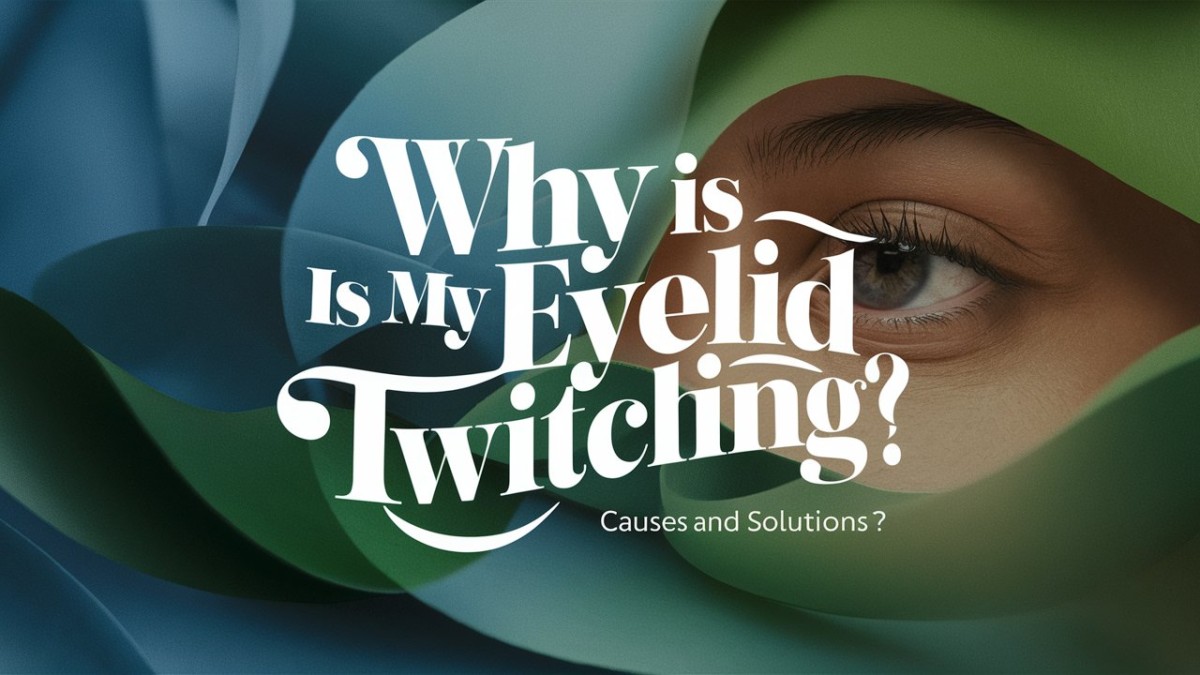Have you ever felt that creepy sensation in which your eyelid feels as if it has a mind of its own?
You never think that it’s okay- it’s like your eye is telling you that it’s not ‘okay’ in a subtle way.
But what is the reason for this rather strange occurrence? Is it possible that a man’s slight eye twitch could be the result of something more serious? Shall we solve the mystery then?
I am sure that at one point or another, perhaps when you are amidst a very crucial business meeting, or even at a time that you are simply taking a well deserved break with a novel, your eyelid will turn into a drum as it continues to twitch. The condition characterized by rapid and repetitive contractions of the eyelids is a condition known as myokymia, which is quite a frequent phenomenon in human lives. Well, what brings this about and even more importantly; how do you effectively manage it? In this blog, we will discuss why this becomes a problem, the treatments available and practical tips towards managing the issue.
What Causes Eyelid Twitching?
The causes of the phenomenon are diverse: Here are some common causes:Here are some common causes:
-
Stress and Anxiety
Stress is one of the most common causes of eyelid twitching that is known to affect a very large population of the society today. One thing that happens when your body is under stress is that lying muscles are tense and get into what is referred to as spasms and the eyelid muscles inclusive. Stress and anxiety can alter the natural pattern of the body’s functioning and cause uncontrolled twitching as per Dr. Elizabeth Loder, a neurologist, at Harvard Medical School.
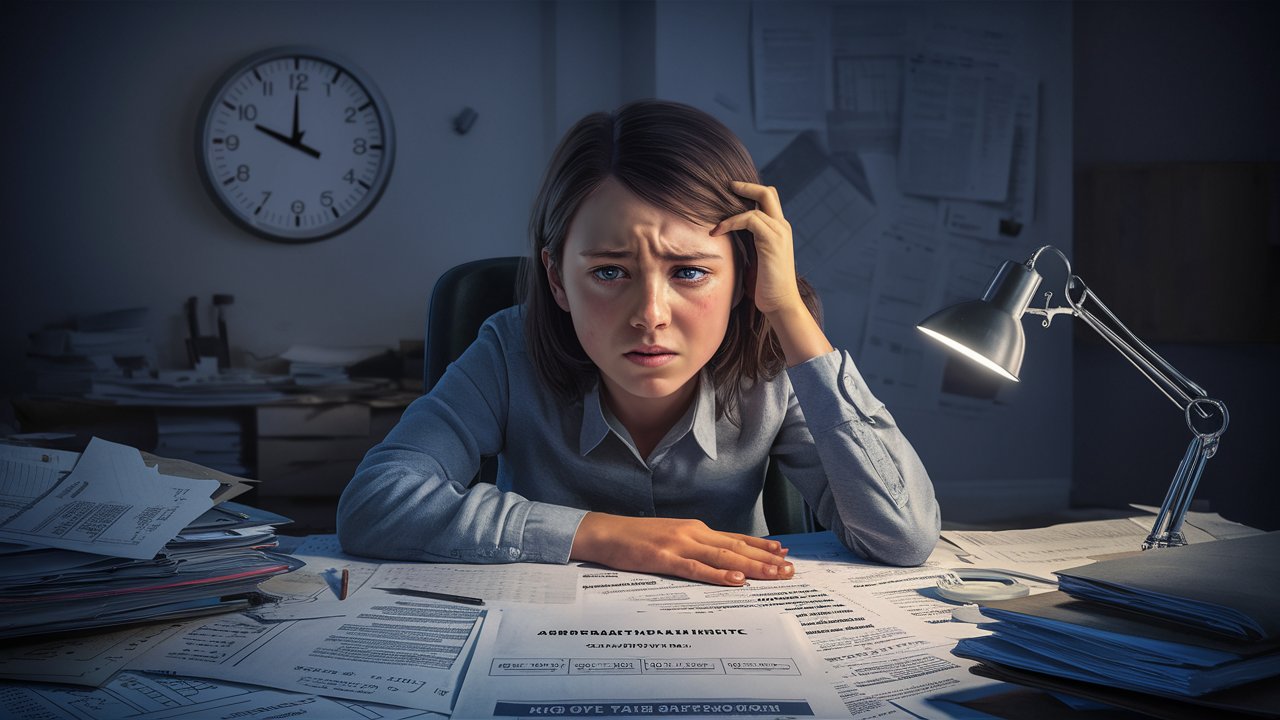
-
Fatigue and Lack of Sleep
Lack of sleep may also cause tiredness of the eyes and muscles which may lead to twitching. It is important to have a rested body because it means the body is functioning at its best, adds Dr. Mark Rosenberg an ophthalmologist. The muscle that controls the eyelid, when tired may react with spasms.

-
Caffeine and Alcohol Consumption
Caffeine and alcohol can cause nervous system to stimulate, thus causing you to have involuntary jerky movement. If one crave pulling shots of coffee or having a nightcap, one may try to limit the drink in an attempt to see if that helps with the twitching.
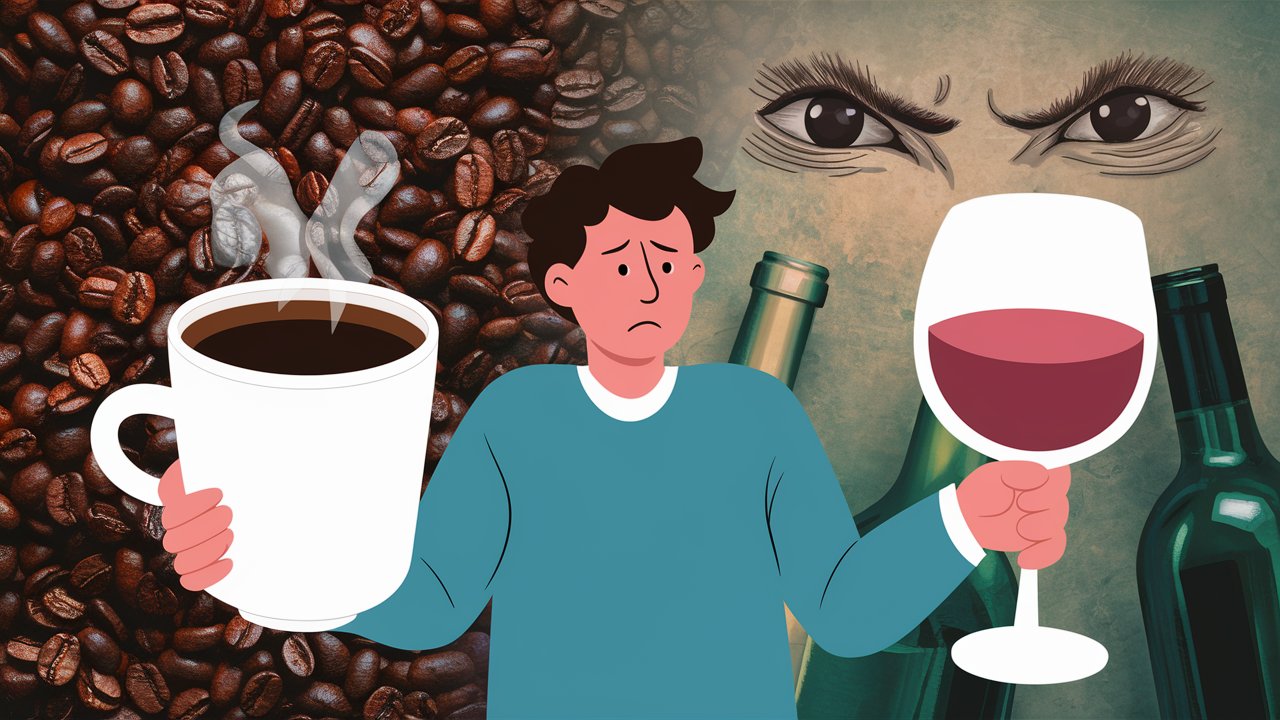
-
Eye Strain
Staring at screens for hours or reading for long periods or in general, any task that may overwork the eyes, may cause twitching. Like any other organs of your body, your eyes also require rest to function properly, and for them to be healthy.
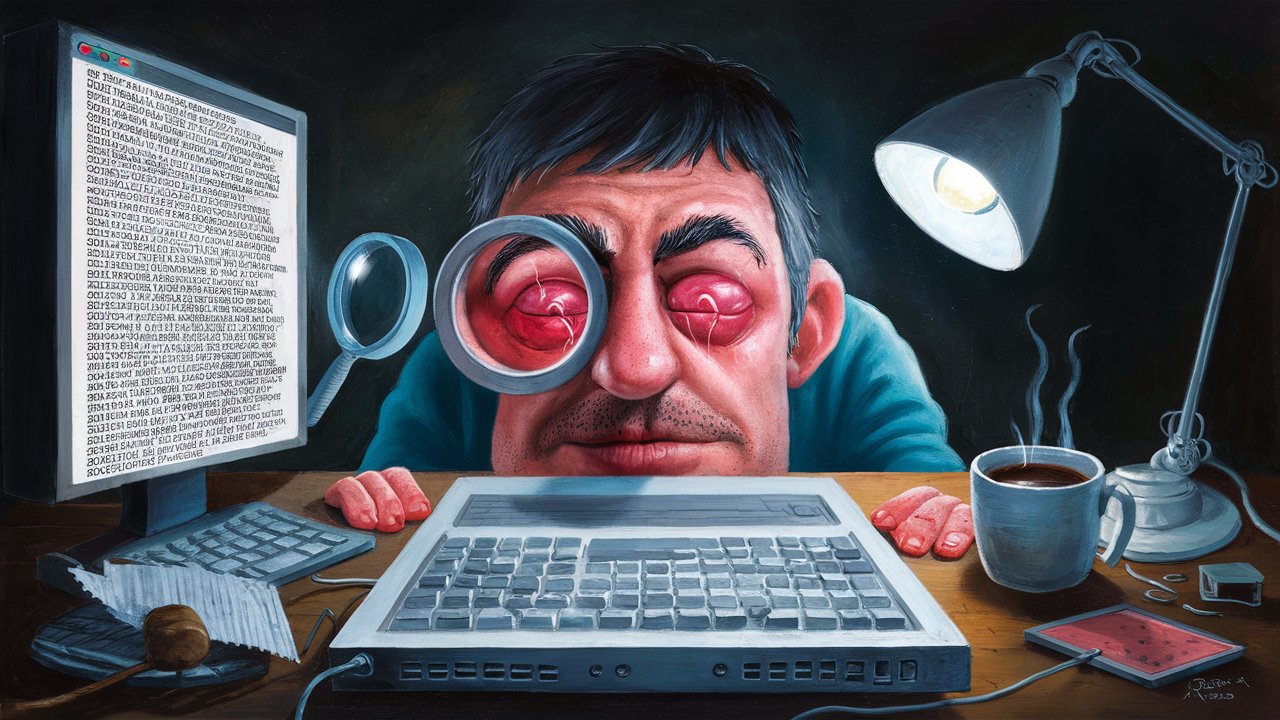
-
Nutritional Deficiencies
Deficiency in some of these nutrients for instance magnesium results into muscle twitching. The consumer should take a daily balanced diet to ensure that their muscles work as expected throughout their lifetime.

-
Dry Eyes
Dryness of the eyes results to irritation and twitching. This condition is mainly found in individuals who work in sectors that involve long hours of sitting in front of computers or are in environments that are characterized by low humidity levels.
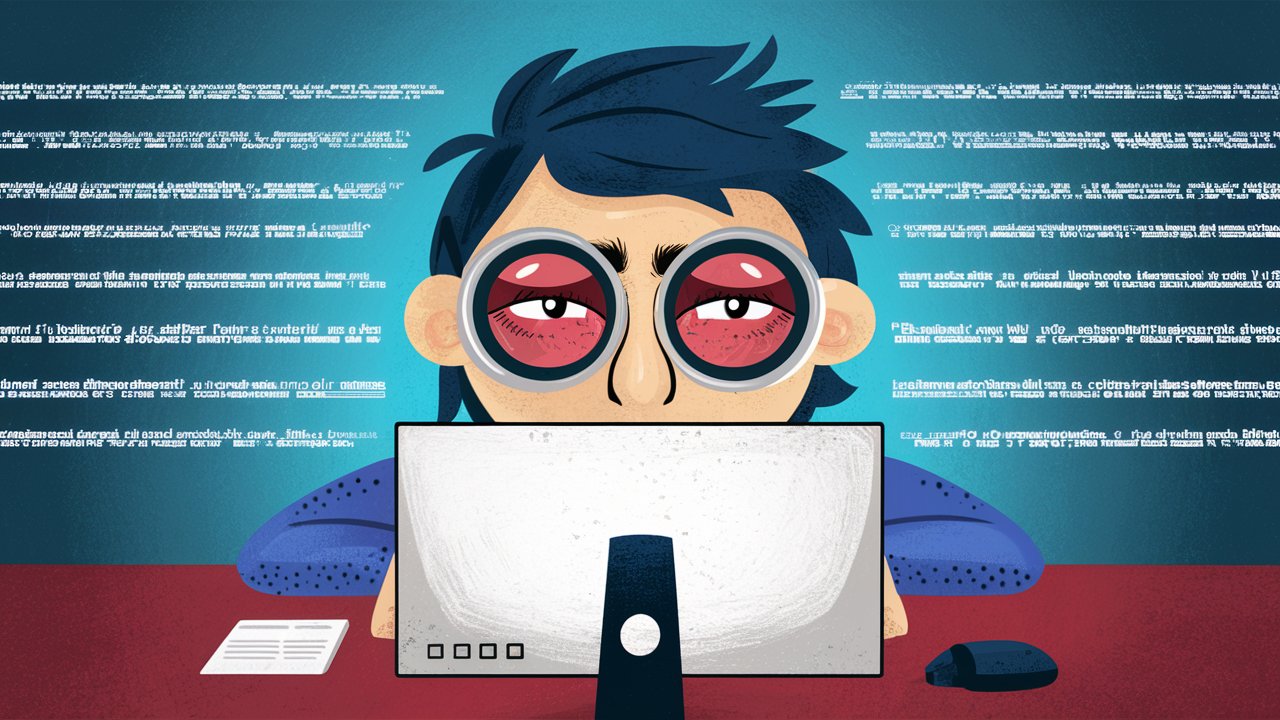
How to Treat Eyelid Twitching
The understanding of the causes is vital in the management and subsequent treatment of the condition characterized by eyelid twitching. Here are some effective treatments and lifestyle changes:
-
Manage Stress
It can be concluded that stress control may play an important role of minimizing the amount of twitches on the eyelids. The like for activities including mindfulness, yoga or meditation help in reduction of stress rates. A lot can be achieved if stress-reducing practices are included in your daily schedule, opined Dr. Jane Smith, a notable stress management specialist.

-
Improve Sleep Hygiene
One should attempt to sleep seven to nine hours per night for proper and healthy operation of the body. Go to bed and wake up at the same time every day, engage in calming pre-sleep activities, and do not use any devices with light in the evening. Dr. Michael Thompson, a sleep specialist takes time to meet his patient thus says that good sleep is the cornerstone of overall health.
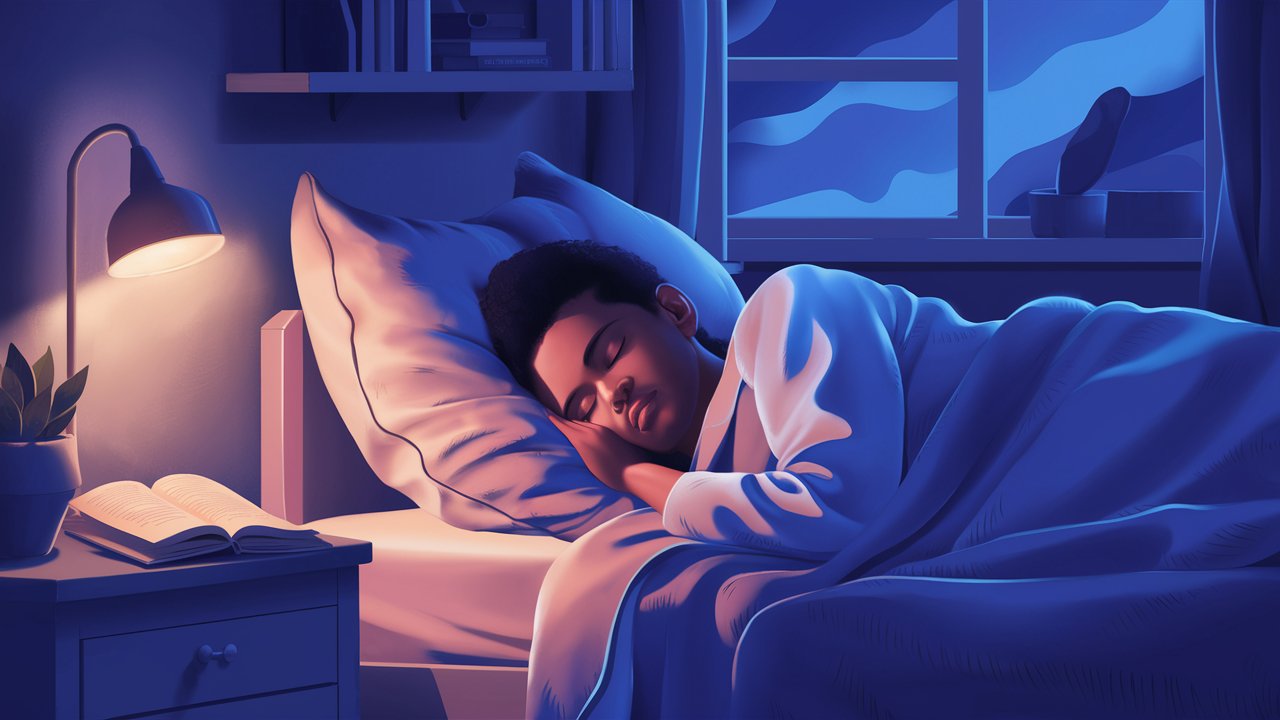
-
Reduce Caffeine and Alcohol Intake
This would entail avoiding or reducing the consumption of caffeinated and alcoholic beverages to observe whether he has less twitching. Try better to avoid coffee or any other drinks that may contain Caffeine as that is a stimulant.
-
Take Regular Breaks
If you spend long hours working on a computer or reading, follow the 20-20-20 rule: look at something that is 20 feet away for 20 seconds every 20 minutes. This can assist in greatly minimizing the level of eye strain that is always associated with the use of laptops.
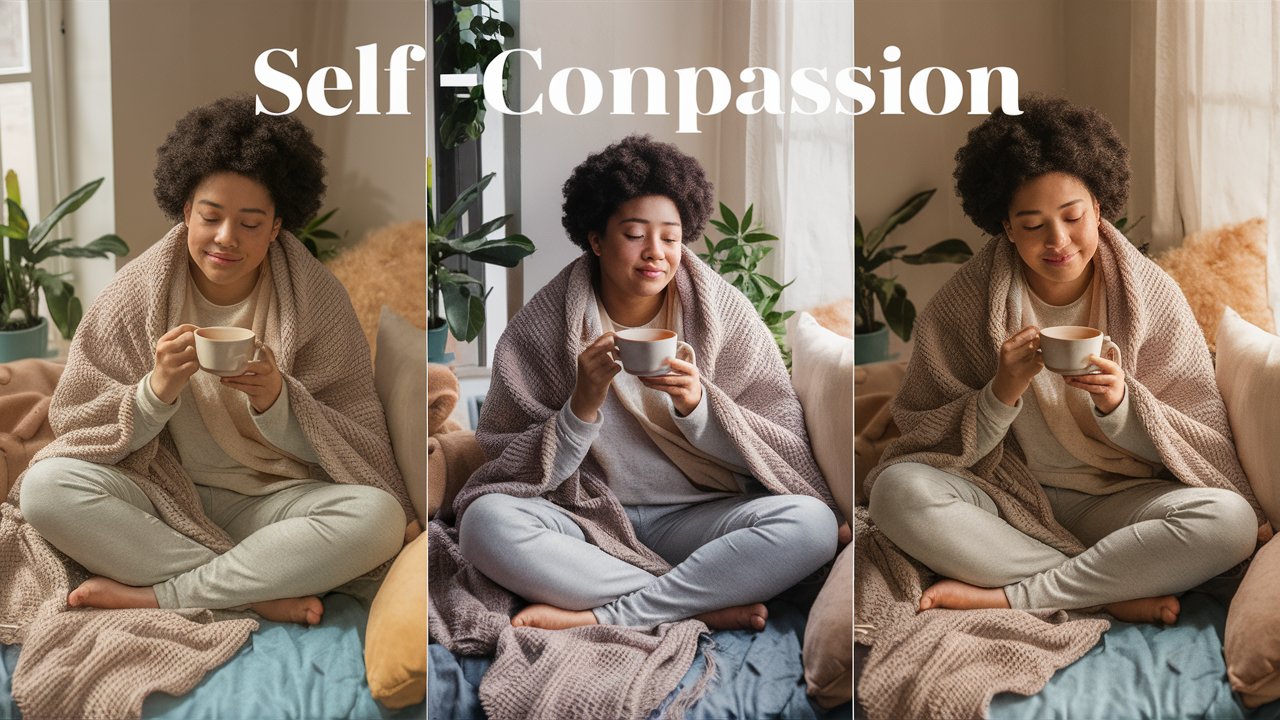
-
Use Artificial Tears
If dry eyes are the cause of your twitching, over the counter lubricated eye drops should help reduce the twitching. This can be of great help in keeping your eyes moist and hence preventing the irritation that comes with dry eye syndrome.
-
Maintain a Balanced Diet
Include in your diet foods rich in magnesium and other nutrient requirements in the foods you eat. These foods also affect muscles as muscle spasms can also be prevented by foods with magnesium including nuts, seeds, and leafy green vegetables.
-
Apply Warm Compresses
Warm water should be applied near the eyes that can help in reducing the muscle contraction and thereby minimizing trembling of the eyelids. Wash your face with warm water and then dip a clean cloth into warm water, after ringing out the cloth put them over your close eyes.
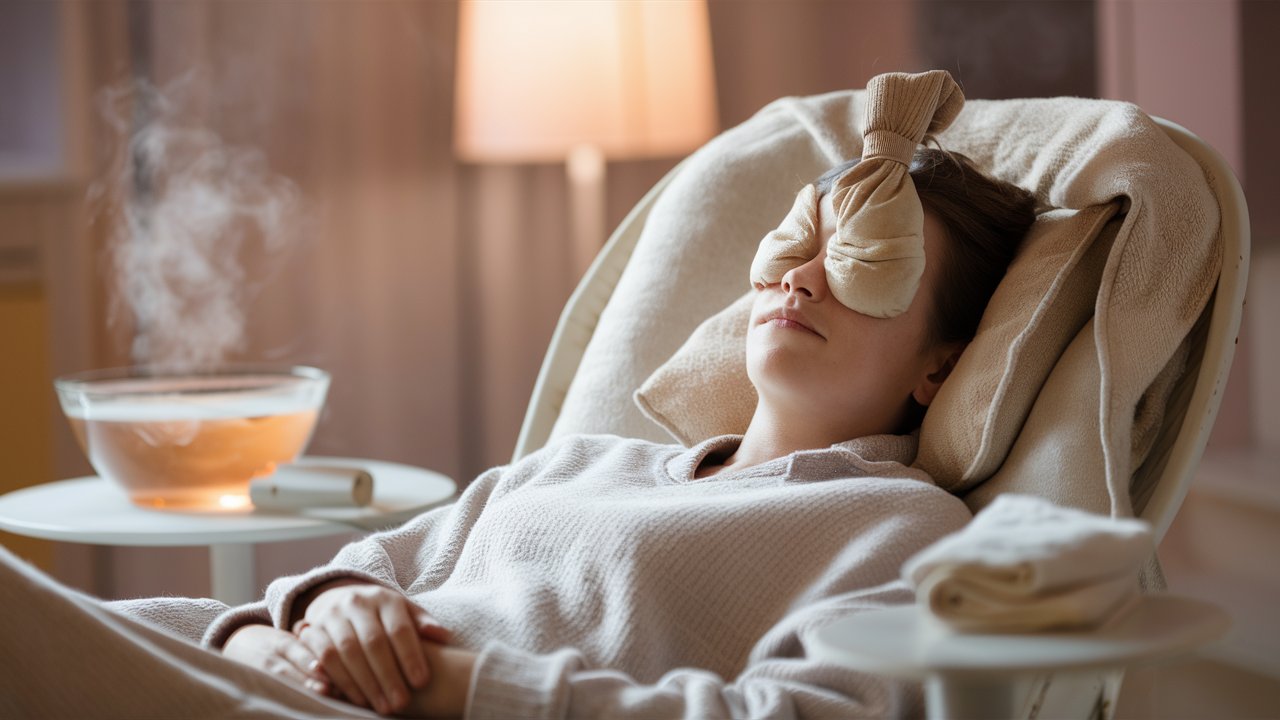
-
Consult a Specialist
If these remedies are unable to help you with the eyelid twitching, then it could be time to see a doctor. Continuous flickering might now and then imply a neurological condition that one should seek help from a doctor.
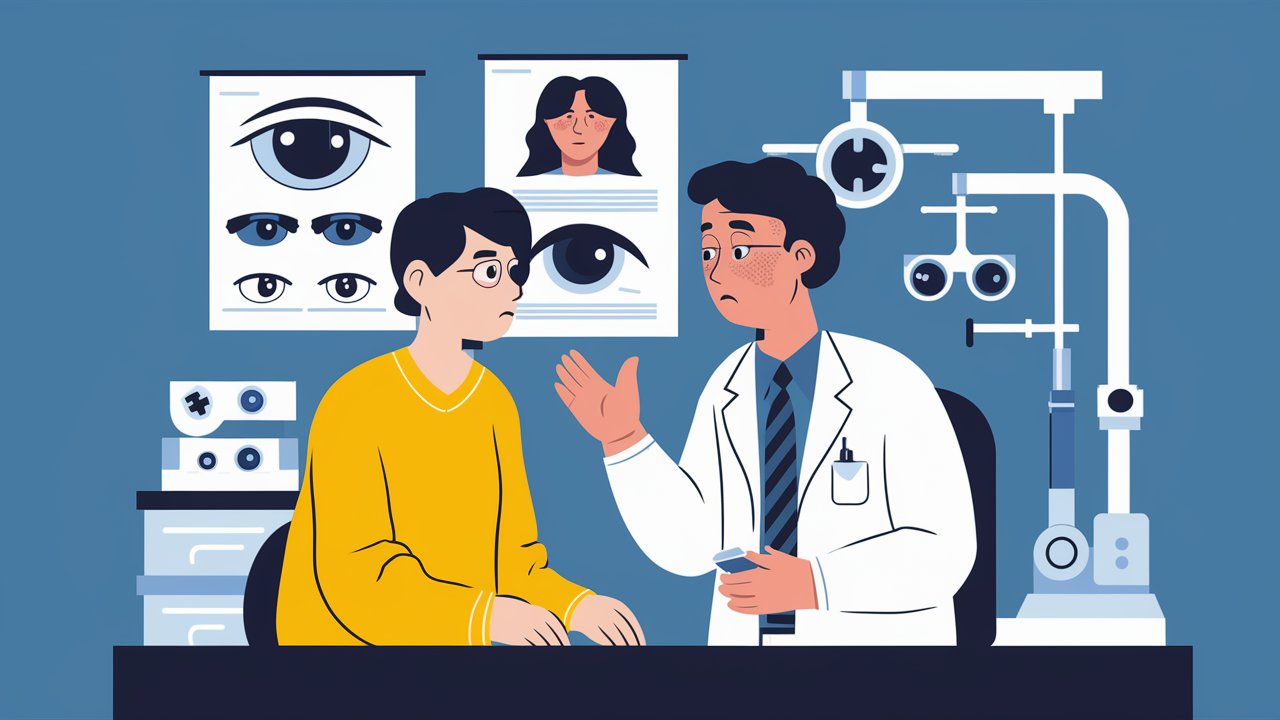
When to See a Doctor
However there are certain situations when it is necessary to see a doctor.
While occasional eyelid twitching is usually harmless, there are certain signs that should prompt a visit to the doctor:
- Persistent Twitching: So if you have eyelid twitching that lasts for several weeks or becomes a chronic condition.
- Involvement of Other Facial Muscles: If this twitching occurs on other areas of your face or if it is causing you too much discomfort.
- Accompanied by Other Symptoms: Additional symptoms that you should report are: inflammation, pain or redness or pus formation or changes in visions.
For more information on related topic, do not forget to check out blogs on Eye Problems.
Final Thoughts
Most of the time, exaggerated blinking or mixing of the eyelids is an annoyance; however, it is not hazardous. Therefore, if you identify occasions that cause such a condition and make some minor modifications to your daily routine, you can minimize or cure this condition that is often a hassle. So, to sum up, the prevention of those vain twitches is all about again the general health, stress, and listening to the body.
